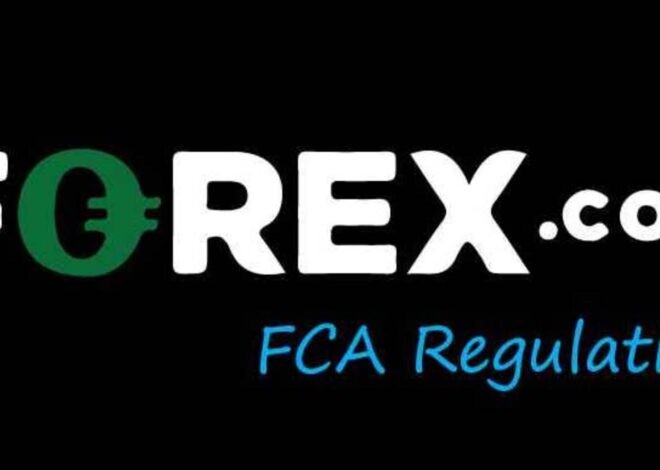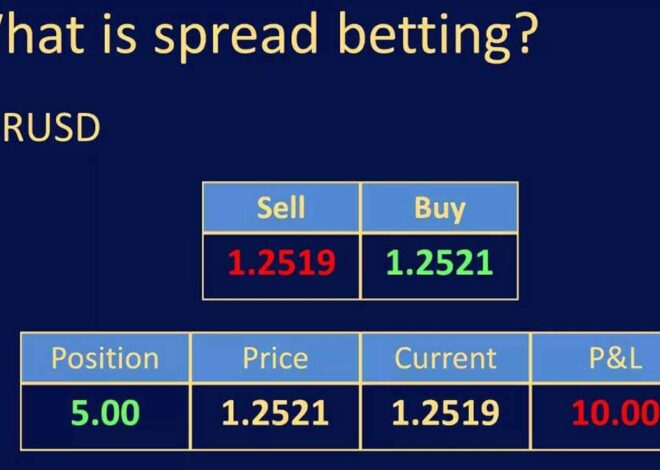
Is Forex Trading Halal or Haram
As the popularity of Forex (Foreign Exchange) trading continues to rise among investors worldwide, many Muslims are left wondering if participating in this market aligns with their religious beliefs. This article explores the core principles of Forex trading in conjunction with Islamic finance to determine whether Forex trading is halal (permissible) or haram (forbidden).
Understanding Forex Trading: Basics and Key Concepts

Forex trading involves the exchange of currencies on a global market, facilitating international trade and investment. Here are some key concepts to understand:
- Currency Pairs: Forex trading occurs in pairs, such as EUR/USD or GBP/JPY, where one currency is exchanged for another.
- Leverage: Traders can borrow funds to increase their trading position, which amplifies potential gains and losses.
- Pips: The smallest price movement in a currency pair, typically measured in decimal points.
- Spread: The difference between the buying (ask) and selling (bid) prices of a currency pair.
Understanding these concepts is crucial for anyone looking to engage in Forex trading.
The Islamic Perspective on Finance and Trading Practices

Islamic finance is rooted in principles that seek to promote fairness, transparency, and ethical behavior. Key tenets include:
- Avoidance of Riba (Usury): Any guaranteed interest on loans or investments is considered haram.
- Gharar (Uncertainty): Transactions involving excessive uncertainty or ambiguity are prohibited.
- Ethical Investing: Investments should not be made in industries considered haram, such as alcohol or gambling.
These principles set the stage for evaluating whether Forex trading adheres to Islamic teachings.
Defining Halal and Haram in Economic Transactions

To determine if Forex trading is halal or haram, it’s essential to define the criteria:
- Halal: Transactions compliant with Sharia law that promote ethical conduct and do not involve exploitation or prohibited activities.
- Haram: Activities that contravene Islamic law, primarily involving interest, uncertainty, or unethical practices.
Forex trading can potentially fall into either category, depending on how it is conducted.
Scholars’ Opinions: Is Forex Trading Halal or Haram?

The opinions of Islamic scholars on Forex trading vary considerably:
| Scholarly Opinion | Reasoning |
|---|---|
| Halal | – Forex can be halal if conducted without leverage and interest. |
| – Day trading, spot trading, and currency swapping can be permissible. | |
| – Forex trading is similar to commodity trading, which is allowed. | |
| Haram | – The use of leverage often leads to interest payments. |
| – The high volatility and speculative nature pose elements of gharar. | |
| – Some scholars argue that Forex is akin to gambling. |
The debate around Forex trading remains ongoing, and individuals must consider scholarly opinions alongside their personal financial circumstances.
Practical Implications for Muslim Forex Traders Today

For Muslim traders contemplating entering the Forex market, practical guidelines can help ensure compliance with Islamic principles:
- Choose an Islamic Account: Opt for brokers that offer swap-free accounts, which do not incur interest charges on overnight positions.
- Understand Leverage Limits: Avoid excessive leverage that can lead to increased risk and potential interest-based fees.
- Engage in Ethical Trading: Ensure that trading practices align with Islamic ethical standards, avoiding speculative trades that resemble gambling.
- Educate Yourself: Continuously learn about Forex strategies and Islamic finance principles to make informed decisions.
Navigating the Market: Ethical Trading in Forex Context

For those who decide to engage in Forex trading within the framework of Islamic principles, here are key strategies to navigate the market ethically:
- Conduct Thorough Research: Understand the currency pairs being traded, market conditions, and economic indicators affecting price movements.
- Risk Management: Implement strict risk management practices to minimize potential losses, such as setting stop-loss orders.
- Avoid Excessive Speculation: Focus on long-term trading strategies rather than short-term speculative gains that could lead to unethical practices.
- Document Your Trades: Keep records of all trades, ensuring transparency in your trading practices and adherence to Sharia compliance.
In conclusion, whether Forex trading is halal or haram largely depends on the specific trading practices employed. By adhering to Islamic finance principles and making informed choices, Muslim traders can navigate the Forex market responsibly. Engaging in ethical trading and being aware of the various scholarly opinions will pave the way for a more compliant and fulfilling trading experience.



‘Documenting trades’ seems crucial for transparency. Thanks for the reminder!
‘Gharar’ was a new term for me! This article has helped me understand more about risk.
The concepts of leverage and spread were clear. Good job on explaining these terms!
‘Ethical investing’ is a great point. We should always align our investments with our values.
Understanding leverage is key! Thanks for breaking it down so simply.
‘Understanding market conditions’ can really help in making decisions. Great point!
I’m glad to see guidelines for Muslim traders. Ethical trading is very important.
‘Avoiding speculation’ is good advice for all traders, not just Muslims.
‘Conduct thorough research’ is solid advice! I will keep this in mind for my trades.
‘Risk management’ tips are valuable! I’ll use them in my trading practice.
I didn’t know there were so many factors to consider in Forex trading. Great info!
‘Day trading’ sounds exciting, but I see the risks now after reading this.
‘Gharar’ was a new term for me. This article helped me understand it better.
I didn’t know that Islamic accounts exist for Forex trading. This is useful information.
I learned a lot about Forex trading. It’s interesting how it relates to Islamic finance.
The concept of halal and haram in trading is important. I appreciate this article explaining it.
It’s good to know that there are options for Muslim traders with swap-free accounts.
‘Speculative nature’ really makes me think about how I approach my investments. Thanks!
This article explains Forex trading well. I learned about currency pairs and pips.
It’s important to know if Forex is halal or haram. I appreciate the scholarly opinions shared.